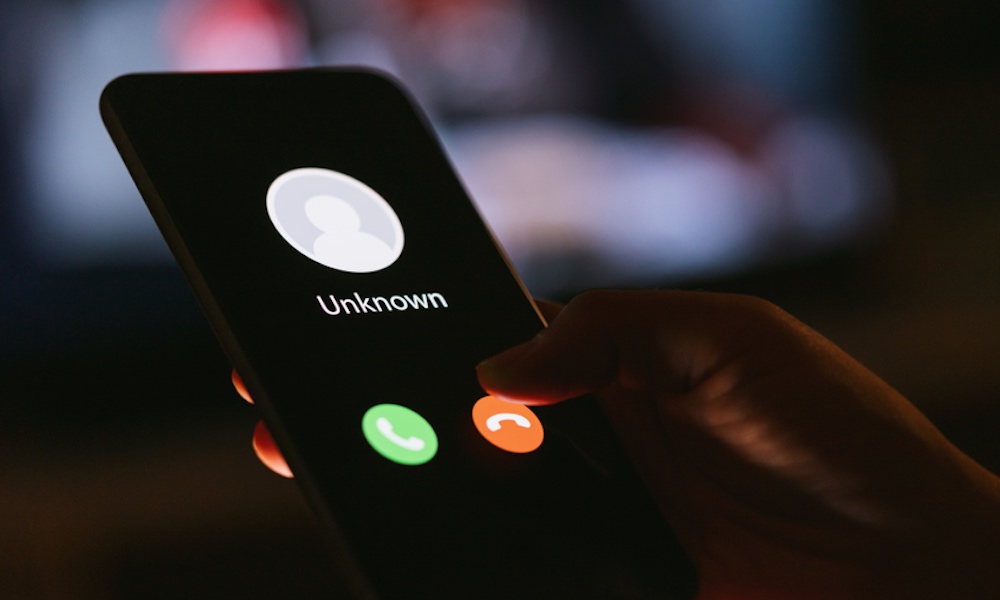Trump Signs New Law That Could Fine Robocallers up to $10,000 Per Call
 Credit: Rclassen / Shutterstock
Credit: Rclassen / Shutterstock
Toggle Dark Mode
Among the news that you might have missed during New Year’s week was the passage of a new bill that could seriously cut down on robocalls and spam calls.
President Donald Trump on Monday signed the bipartisan Telephone Robocall Abuse Criminal Enforcement and Deterrence (TRACED) Act into law.
The Senate bill, first introduced in November, creates stiffer penalties for spammers and forces carriers to adopt call-blocking methods.
Those penalties include an increase in the fines for spam robocalls from $1,500 to as much as $10,000 per call, TechCrunch reported earlier this week.
It also adds other anti-robocall provisions, including bolstering the FCC’s ability to crack down on spammers and opening the door for the Department of Justice to prosecute offenders.
TRACED also requires U.S. carriers to implement the STIR/SHAKEN authentication protocol on a “reasonable timeline” and forbids those carriers from charging for that service.
“American families deserve control over their communications, and this legislation will update our laws and regulations to stiffen penalties, increase transparency, and enhance government collaboration to stop unwanted solicitation,” the White House said in a statement.
In addition to TRACED, both the U.S. government and various telecom firms have also committed to helping cut down on the scourge of robocalls.
SHAKEN/STIR, for example, is already being rolled out by some carriers. But unlike other anti-robocall services, it only identifies robocalls — it doesn’t block them.
The FCC also voted in June to allow carriers to block robocalls automatically, but that vote didn’t guarantee that carriers will implement call blocking (or provide it for free to their customers).
There are, of course, also third-party services and carrier-based apps that can offer better call blocking solutions. But those apps are rarely free, and some are better than others at blocking calls.
As for TRACED itself, the steeper fines may sound good in theory, but Gizmodo notes that the FCC has also collected about $7,000 of the $208.4 million in fines it levied between 2015 and 2019.
But while those efforts vary in effectiveness, they’re at least a step in the right direction. According to Hiya, Americans got more than 26 billion spam calls in 2018. And YouMail indicates that the problem only worsened throughout 2019.






